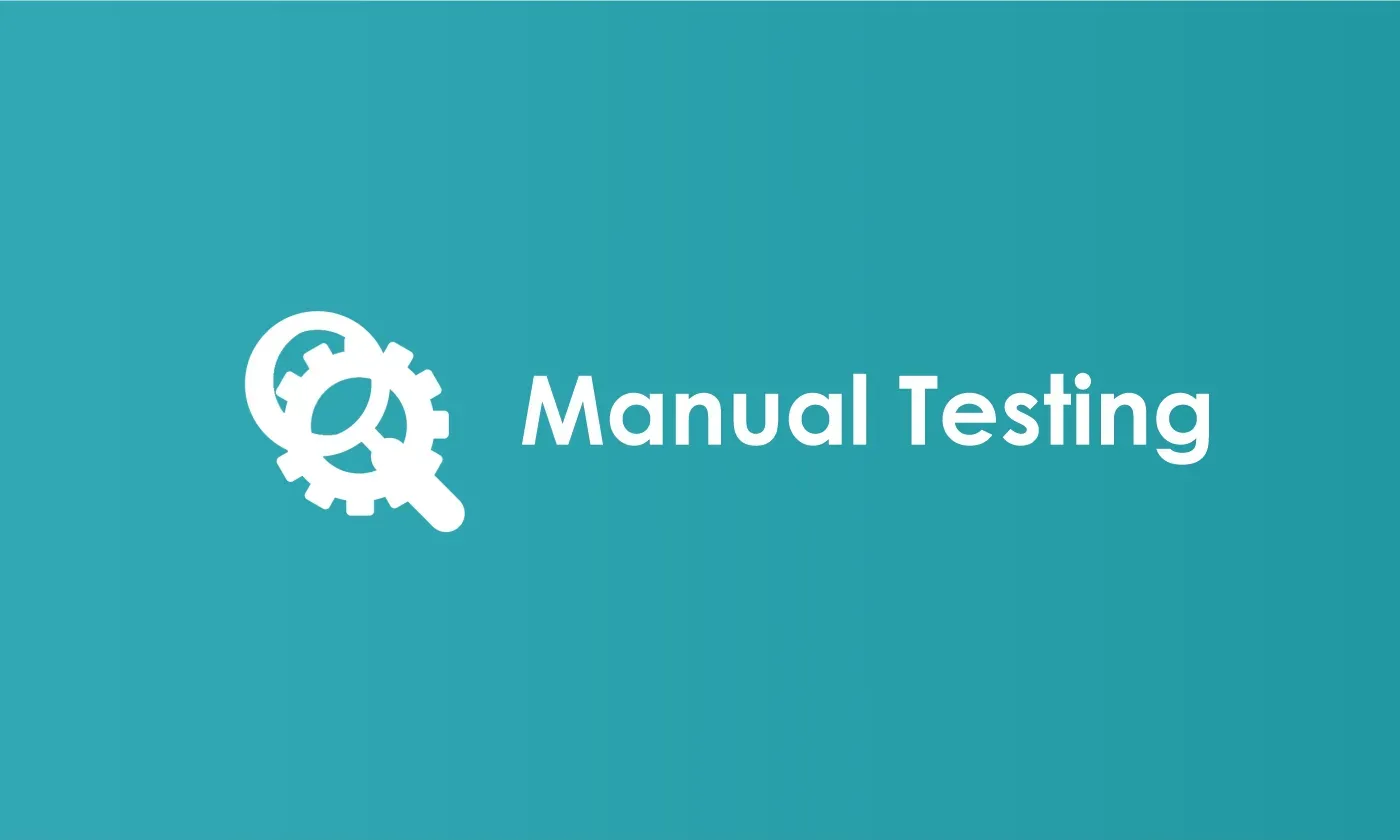
Manual Testing
Course Overview of Manual Testing Course for Beginners in Bangalore
The Manual Testing course for beginners is designed to provide participants with a thorough understanding of manual testing methodologies and techniques. Manual testing is an essential aspect of the software development process, ensuring that applications meet the required quality standards before release. This course covers the fundamentals of manual testing, including test planning, execution, and reporting, with a focus on best practices and real-world scenarios. Manual Testing Course for Beginners Online and Offline in Bangalore ensures practical learning with flexible options for all learners.
1. Develop skills to identify and document software defects.
2. Understand various testing techniques and methodologies.
3. Learn best practices for creating and executing effective test cases.Learn software skills with real experts, either in live classes with videos or without videos, whichever suits you best.
Description
This course begins with an introduction to manual testing concepts, including the software development life cycle (SDLC) and the role of manual testing within it. Participants will learn how to create test plans, design test cases, execute tests, and report defects. The course also covers advanced topics such as exploratory testing, regression testing, and user acceptance testing. Practical examples, hands-on exercises, and real-world case studies will be used to reinforce theoretical concepts.1. Gain practical experience with hands-on testing exercises.
2. Build real-world testing skills applicable to various software projects.
3. Explore advanced manual testing techniques and tools.Course Objectives
The primary objectives of the Manual Testing course are as follows:1. Introduction to Manual Testing: Provide an overview of manual testing, its importance, and its place within the software development process.
2. Test Planning: Learn how to create effective test plans, including defining objectives, scope, and resources required.
3. Test Case Design: Explore techniques for designing comprehensive test cases that cover functional and non-functional requirements.
4. Test Execution: Understand the process of executing test cases, documenting results, and identifying defects.
5. Defect Reporting: Learn best practices for reporting defects, including capturing relevant information and tracking issues.
6. Exploratory Testing: Introduce exploratory testing techniques for discovering issues not covered by formal test cases.
7. Regression Testing: Understand the importance of regression testing and techniques for verifying that recent changes have not adversely affected existing functionality.
8. User Acceptance Testing (UAT): Cover UAT processes to ensure that the software meets end-user requirements and expectations.
9. Testing Tools: Explore common tools and software used in manual testing to enhance efficiency and effectiveness.
10. Test Documentation: Learn how to document testing processes, results, and issues to maintain a clear record of testing activities.
11. Best Practices: Discuss industry best practices for manual testing to ensure high-quality software delivery.Prerequisites
1. Basic understanding of software development concepts.
2. Familiarity with the software development life cycle (SDLC).
3. Knowledge of basic computer operations and applications.
4. Attention to detail and strong analytical skills.
5. Experience with using office software (e.g., Word, Excel).Who Can Learn This Course
This course is suitable for a diverse range of individuals, including:1. Quality Assurance (QA) Professionals: Individuals aiming to enhance their skills in manual testing and quality assurance.
2. Software Testers: Professionals looking to build a solid foundation in manual testing techniques and methodologies.
3. Developers: Those interested in understanding the manual testing process to improve their coding practices and collaborate effectively with QA teams.
4. Project Managers: Individuals overseeing software projects who need to understand manual testing practices and their impact on project quality.
5. Students and Graduates: Individuals pursuing degrees in computer science or related fields with an interest in software testing.
6. Business Analysts: Professionals who want to gain insights into manual testing to better understand software requirements and testing processes.
7. Anyone Interested in Quality Assurance: Enthusiasts curious about the field of software testing and its role in ensuring high-quality applications.The Manual Testing course is designed to cater to both beginners and individuals with some experience in software testing, providing a comprehensive foundation in manual testing practices and skills for ensuring software quality.
Course Curriclum
Training Features
Comprehensive Curriculum
Master web development with a full-stack curriculum covering front-end, back-end, databases, and more.
Hands-On Projects
Apply skills to real-world projects for practical experience and enhanced learning.
Expert Instructors
Learn from industry experts for insights and guidance in full-stack development.
Job Placement Assistance
Access job placement assistance for career support and employer connections.
Certification upon Completion
Receive a recognized certification validating your full-stack development skills.
24/7 Support
Access round-the-clock support for immediate assistance, ensuring a seamless learning journey.
Upcoming Batches
Placed Students
Enroll now and join our alumni.
Explore More Courses
Enroll for : Manual Testing
Start Date: 2024-10-01
Mentor: Working Professional
Duration: 3 Months
